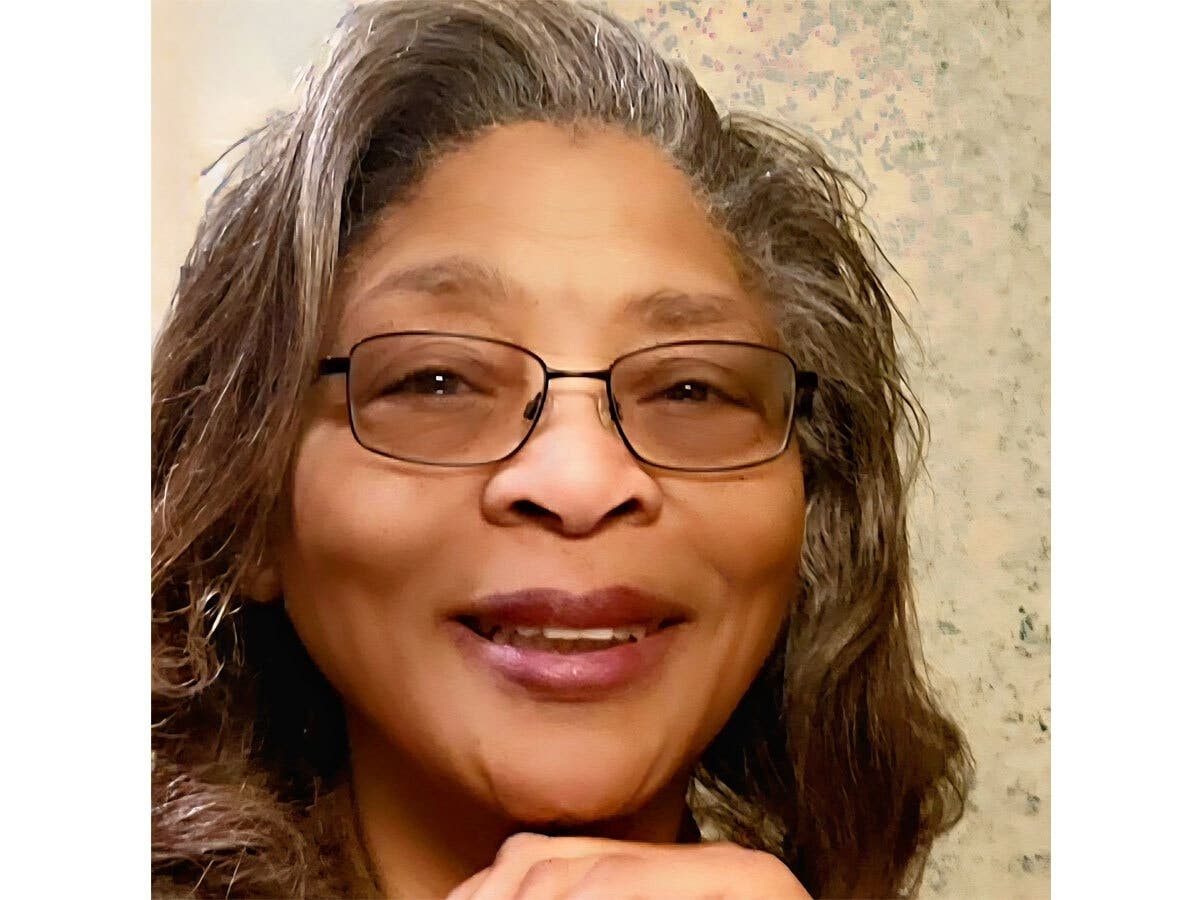At 5, a Framingham Woman Learned About Class—And Never Stopped Talking About It

Early Awareness of Social Class
Denise Moorehead, now 68, recalls the moment she first became aware of social class when she was just five years old. Growing up as the only child of working-class, lower-middle-class parents, she experienced a different life compared to her peers. Her parents were determined to provide her with opportunities they hadn’t had, which included things like a party dress for a friend’s birthday. This experience led her to notice differences in how others lived and what they owned.
Moorehead's mother, who was actively involved in civil rights and women’s movements, taught her early on about the importance of empathy and understanding. She learned that not everyone had the same advantages, and this realization shaped her perspective on classism.
Understanding Class Beyond Race
As she grew older, Moorehead began to understand that class is not solely determined by race. While race can play a role in shaping one's experiences, it is not the sole factor in determining social class. She observed that people from all racial backgrounds can belong to upper or lower classes, and that class dynamics are complex and multifaceted.
Moorehead often found herself in two different social circles: one with her neighborhood friends and another with those who had access to more resources and opportunities. This duality highlighted the disparities in her community and made her acutely aware of the privileges she had.
Class Isn't Just About Money
Moorehead's work with UU Class Conversations, a nonprofit organization she co-founded, reflects her deep understanding of social class. The organization aims to educate people about the realities of social class and how it influences perspectives and interactions. It emphasizes that class is not merely about income or wealth but also includes factors such as education, occupation, and access to resources.
She believes that many people mistakenly equate class with money alone. However, she explains that while income can provide certain advantages, it does not guarantee long-term stability. Wealth, on the other hand, offers a buffer against financial setbacks and provides a sense of security.
The Impact of Class on Society
In recent years, Moorehead has focused on discussing class in the context of rising inequality, particularly the growing influence of the billionaire class. She notes that systemic changes, such as tax breaks for the wealthy and campaign finance laws, have contributed to the concentration of power among the affluent. This has created a society where wealth is often seen as a measure of worth, leading to a distorted view of success and respect.
Moorehead highlights the importance of challenging these perceptions. She recalls a young nephew who believed that people living in certain neighborhoods must be better because of their homes. This innocent observation underscores the need for education and awareness around class issues.
The Path to Change
Moorehead emphasizes the role of aspiration in shaping social mobility. She believes that children should be encouraged to aim higher and think beyond their immediate circumstances. However, she also acknowledges that some individuals may not be given the same opportunities to aspire, which can limit their potential.
While social class can influence opportunities and achievements, it does not determine a person's fate. Unlike a caste system, where mobility is restricted, people have the ability to change their circumstances through education, hard work, and support systems.
Understanding one's class background is the first step toward social mobility. It is something that is out of an individual's control, but it can shape their worldview and experiences. Moorehead notes that both disadvantages and strengths can come from being born into a particular class.
The Role of Empathy and Awareness
Moorehead stresses the importance of empathy and awareness in addressing class disparities. She believes that recognizing the limitations and strengths associated with different classes can foster a more inclusive and understanding society. By acknowledging the challenges faced by those with fewer resources, we can work towards creating a more equitable world.
Her experiences and insights continue to influence her work, reminding us that class is a complex issue that requires ongoing dialogue and action. Through education and awareness, we can begin to address the inequalities that exist and build a more just society for all.
Post a Comment for "At 5, a Framingham Woman Learned About Class—And Never Stopped Talking About It"
Post a Comment